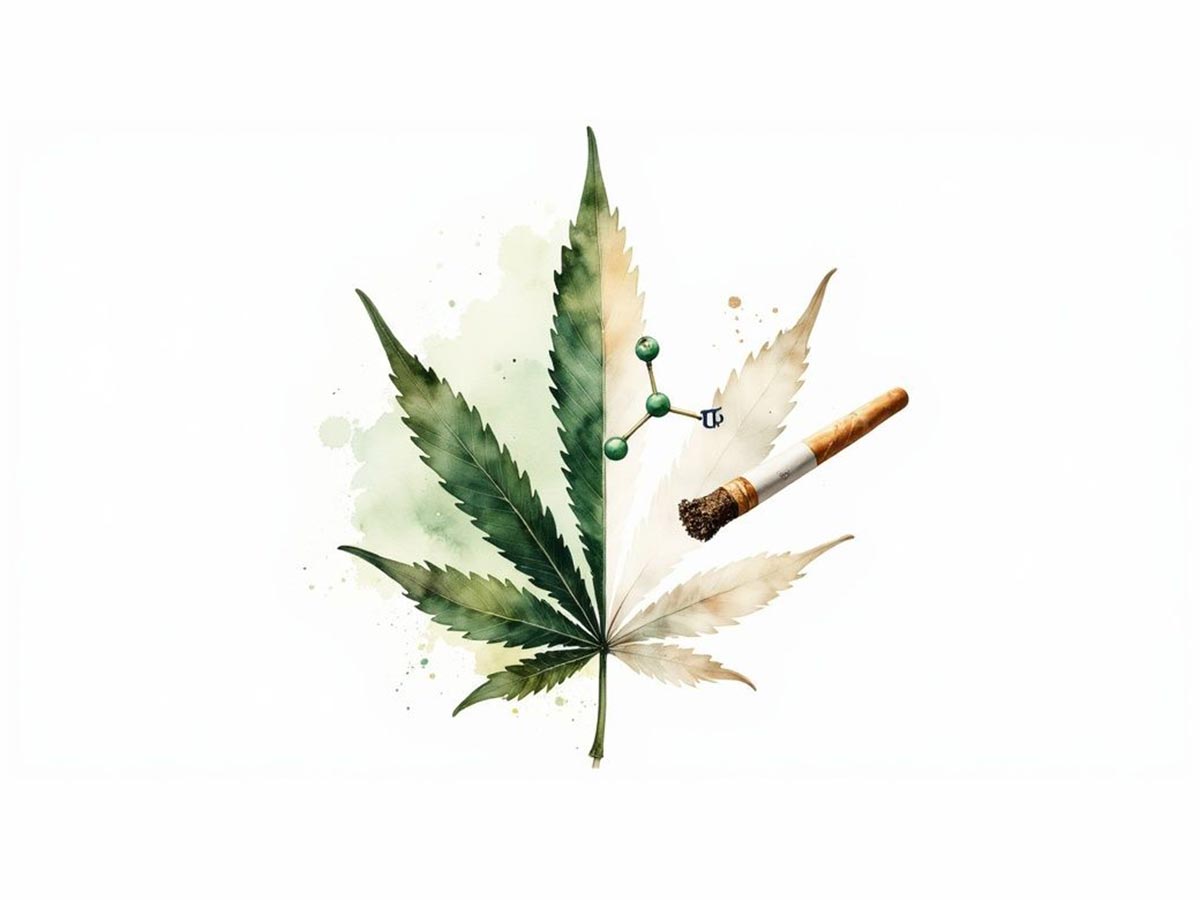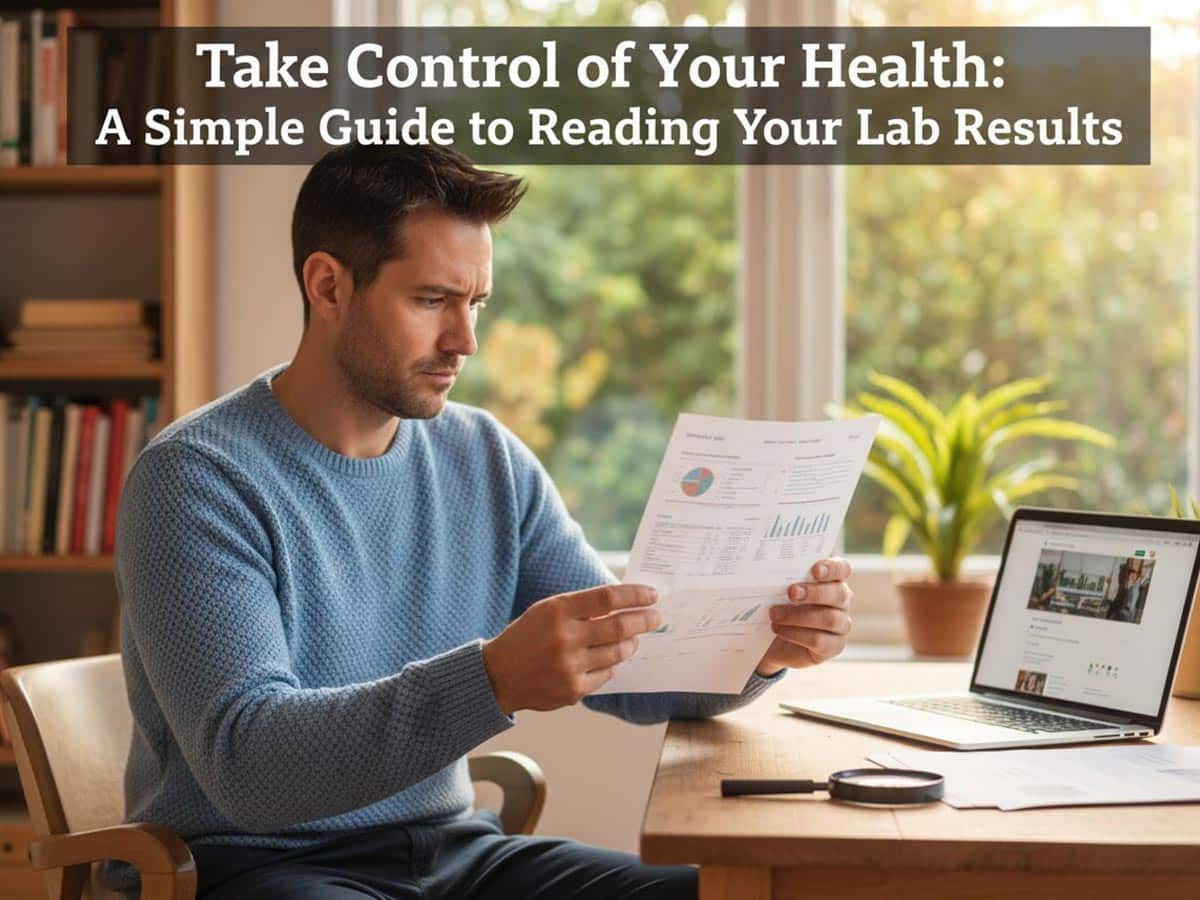So, you’re looking to buy edibles online and want to do it legally. The short answer is: it depends. But don’t worry, navigating this world is simpler than you think.
Your ability to legally click “add to cart” and have premium edibles arrive at your doorstep boils down to two key factors: the laws in your state, and, just as importantly, the type of edible you’re buying. The most practical way to think about it is to see two separate legal universes—one for products made from marijuana and a completely different one for those derived from hemp.
Understanding the Rules for Buying Edibles Online
Figuring out the regulations for online edibles can feel like trying to solve a puzzle, but it becomes crystal clear once you grasp one core legal distinction. The single most important detail is whether the THC in your product comes from marijuana or hemp. This one fact changes everything, from which websites you can legally use to how—and if—those products can be shipped to you.
Ultimately, your legal access comes down to your zip code and the product’s origin.
- Marijuana-Derived Edibles: These are the potent, traditional edibles you find in dispensaries. You can only purchase these online from a state-licensed dispensary, and only if you live in a state where recreational or medical marijuana is legal. The critical takeaway? Delivery is almost always restricted to addresses within that same state. For example, a dispensary in Los Angeles can deliver to a customer in San Diego, but cannot legally ship that same product to Las Vegas.
- Hemp-Derived Edibles: This is where online shopping opens up. Thanks to the federal 2018 Farm Bill, hemp products containing less than 0.3% Delta-9 THC by dry weight are federally legal. This is why you see gummies, chocolates, and drinks sold online and shipped across state lines. But here’s the catch: individual states can—and do—create their own stricter laws. Some states have banned certain hemp-derived cannabinoids entirely.
To make this actionable, here’s a quick guide to the factors that determine legality.
Quick Guide to Online Edible Legality
| Key Factor | How It Affects Legality |
|---|---|
| Cannabinoid Source | Edibles from marijuana fall under strict state cannabis laws. Edibles from hemp are federally legal but still subject to state-level restrictions. |
| Your State’s Laws | Your location is the final word on whether you can legally buy recreational marijuana, medical marijuana, or specific hemp-derived products. |
| THC Concentration | For any hemp product to be federally legal, the 0.3% Delta-9 THC limit is the magic number. Anything over that is legally considered marijuana. |
| Seller’s License | A legitimate marijuana seller is always a state-licensed dispensary. A trustworthy hemp seller provides transparent, third-party lab results (COAs). |
This table simplifies the moving parts, but always remember: your local laws are the ultimate authority.
The Growth of Online Cannabis Sales
The massive demand for convenient online access has reshaped the entire cannabis industry. As of March 2024, a full 24 states have embraced recreational cannabis, unlocking enormous new markets almost overnight.
In these legal states, ordering online is no longer a novelty; it’s the new standard. One revealing study found that around 90% of cannabis retailers in major U.S. cities now offer online purchasing, with a third providing direct delivery. You can explore the data yourself on the National Center for Biotechnology Information website. This isn’t just a trend—it’s a clear signal of an industry rushing to meet you where you are: at home and on your phone.
Actionable Insight: Just because a product is for sale online doesn’t automatically mean it’s legal for you to buy. Your location and the product’s source (hemp vs. marijuana) are the only things that truly matter. Always double-check your local laws and verify a seller’s credentials before making a purchase.
Navigating the Patchwork of Cannabis Laws
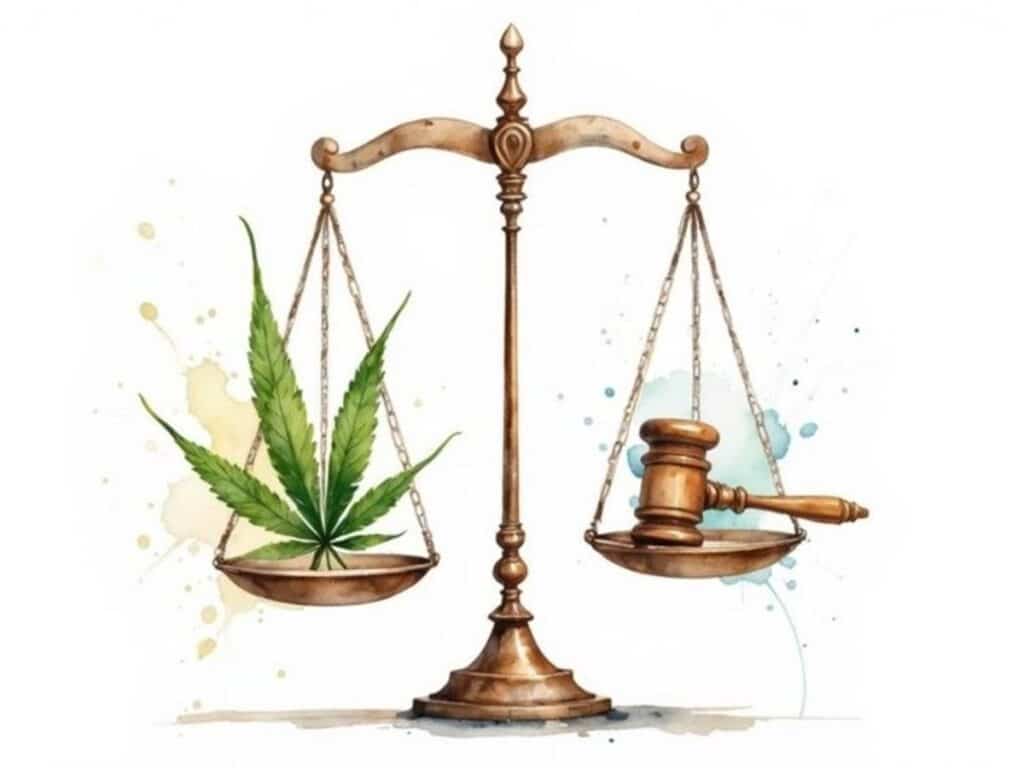
So, why is it so confusing to determine if you can legally buy edibles online? The problem lies in a fundamental conflict between federal law and the laws in your state.
On a national level, the U.S. government still classifies cannabis as a Schedule I drug under the Controlled Substances Act. This puts it in the same category as substances like heroin, making it federally illegal to cultivate, sell, or possess.
But that’s not the full picture. Over the last decade, state after state has paved its own path, creating regulated cannabis markets for medical or adult use. This has resulted in a messy and often contradictory legal landscape.
Imagine the country as a legal patchwork quilt. The rules in a state like California are a world away from those in neighboring Idaho. The legality of your purchase depends entirely on which “patch” of that quilt you’re standing on. Understanding this federal-vs-state divide is the first step to buying edibles online confidently and safely.
The Federal Stance Versus State Rights
At the heart of this confusion is the classic tension between federal authority and states’ rights. While the federal government maintains its strict classification, it has largely adopted a hands-off approach toward states with legal cannabis markets. This policy allows state-licensed businesses to operate, but it doesn’t resolve the core legal conflict.
What does this mean in practice? Even when you buy from a fully licensed dispensary in a legal state, that transaction is still technically against federal law. This is the precise reason you cannot legally ship THC edibles across state lines. The moment a package crosses from one state to another, it falls under federal jurisdiction and the authority of agencies like the U.S. Postal Service.
Actionable Insight: Your state’s laws can create a legal marketplace within its borders, but federal law governs what happens between states. This is why a dispensary in Brooklyn can deliver to an address across town but can’t legally ship that same order to a customer one state over in New Jersey.
What This Means For You
This legal tug-of-war has direct consequences for you as a consumer. It means you must focus exclusively on what is permitted within your own state’s borders. There is no national standard, and what is perfectly legal in one place could lead to serious trouble just a few miles away.
This is also why it’s critical to know exactly what kind of product you’re buying. Some products, for example, contain a mix of compounds that exist in a legal gray area. You can get a better sense of this by understanding what full spectrum cannabis is.
Ultimately, your safety and legal protection depend on two simple but crucial steps:
- Always verify your state’s current laws on recreational or medical cannabis.
- Only buy from a state-licensed dispensary that is legally authorized to operate and deliver where you live.
Keep these two points in mind, and you can navigate the maze of laws to make smart choices without accidentally crossing a legal line. The key is to always think locally, not nationally.
Hemp vs. Marijuana: The Difference That Matters Online
When you want to buy edibles online, the single most important question to ask is: “Is this made from hemp or marijuana?” While both are technically the same plant species, the law draws a massive line in the sand between them. This distinction is everything—it’s what makes it possible to get certain edibles shipped directly to your home.
The entire landscape shifted with the 2018 Farm Bill. This federal legislation officially removed hemp from the list of controlled substances. It established a simple, clear rule: a cannabis plant is considered legal hemp as long as it contains less than 0.3% Delta-9 THC by dry weight. That one small number created a legal pathway for hemp-derived edibles to be sold and shipped across the country, a practice that remains a federal crime for marijuana.
Understanding this difference is your key to shopping smart and staying on the right side of the law. A gummy may look and taste the same, but its legal status comes down entirely to that THC percentage and its source.
The infographic below breaks down the crucial steps for vetting an online vendor to ensure you’re buying products that are both safe and legal.
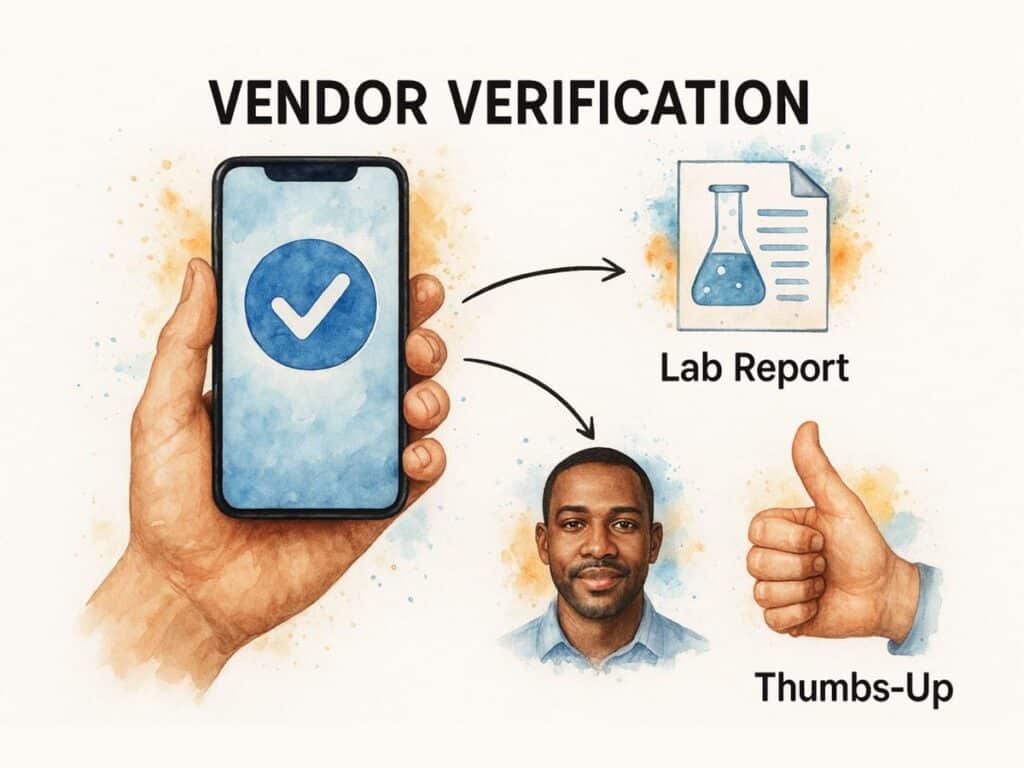
As you can see, your safety hinges on doing a little homework—confirming a product’s lab results and the seller’s legitimacy before you click “buy.”
Reading Labels and Identifying the Source
So, how can you tell the difference when you’re browsing a website? It all comes down to transparency. A trustworthy company will make this information clear and easy to find on its product labels and website.
Here’s a practical checklist for identifying a federally compliant, hemp-derived edible:
- Look for a “Hemp-Derived” Statement: The packaging or product description should state it clearly. No guesswork required.
- Check for Third-Party Lab Reports (COAs): This is non-negotiable. A Certificate of Analysis (COA) is your proof, detailing the exact cannabinoid profile and confirming the Delta-9 THC is at or below the 0.3% legal limit.
- Pay Attention to Total THC vs. Delta-9 THC: The federal law is very specific—it’s the Delta-9 THC concentration that matters. Ensure the COA tests for the correct compound.
Even with the 2018 Farm Bill opening the door for hemp, it’s not a free-for-all. States have begun creating their own regulations. In a massive market like California, for example, it’s estimated that around 60% of cannabis consumption still occurs through illicit channels that completely bypass safety regulations. It’s a powerful reminder of why you must be diligent about checking your sources.
The bottom line is this: Marijuana edibles are legally confined within state borders, while federally compliant hemp edibles can be shipped across them. Always check the lab reports to confirm a product’s THC content before you buy.
For those curious about the cultivation side, understanding the plant’s journey from the very beginning offers valuable insight. If that sparks your interest, you might enjoy our guide on how to grow cannabis from seeds, which covers everything from germination to harvest.
How to Buy Edibles Online Safely and Legally
If you live in a state where cannabis is legal, ordering edibles online is an incredibly convenient way to shop. But with that convenience comes a critical responsibility: ensuring you’re buying from a legitimate, licensed source.
Think of it like buying prescription medication. You wouldn’t trust a random website with no credentials, and the same logic absolutely applies here. The first and most important step is always to verify the dispensary’s state license. Any legal business will display its license number on its website, usually in the footer. You can then cross-reference that number with your state’s official cannabis control board database to confirm it’s active and valid.
What a Safe Purchase Actually Looks Like
Once you’ve confirmed the seller is legitimate, the purchasing process should feel professional and secure. These aren’t just best practices; they are the standard operating procedures for any law-abiding business.
A legal dispensary will almost always require:
- Real Age Verification: This is more than a simple “Are you 21?” pop-up. Expect to upload a clear photo of your government-issued ID when creating your account.
- Secure Payment Options: Legitimate sellers use encrypted, professional payment gateways. Be extremely wary of any site asking for payment through untraceable methods like crypto or cash-sharing apps.
- ID Check at Your Door: The verification doesn’t end when you click “buy.” A licensed delivery driver is required by law to check your physical ID upon arrival to confirm they are handing the products to an adult.
These steps are designed to protect both you and the seller. They might add a few extra minutes to your order, but they are the clearest indicators that you’re dealing with a business that operates by the book. For anyone seeking deep relaxation, properly vetting your source is the only way to find the best indica edibles that are both effective and safe.
Actionable Insight: Convenience should never come at the cost of safety. If an online seller makes it too easy—by skipping ID checks or offering to ship across state lines—they are operating illegally.
Why This Diligence Matters So Much
Unfortunately, the online market is filled with sellers who ignore the rules. Recent studies reveal just how inconsistent compliance can be. About 25% of online cannabis retailers had no age gate on their websites at all, and another 20% failed to verify a buyer’s age at the point of purchase. You can read more about these concerning findings in a recent study on cannabis retail practices.
This is precisely why sticking with licensed dispensaries that have strict, multi-step verification is so important. Taking a few moments to check a license and use a secure checkout process means you’re not just staying on the right side of the law—you’re also getting a product that has been tested, properly dosed, and is safe for consumption.
Spotting a Sketchy Online Edibles Seller
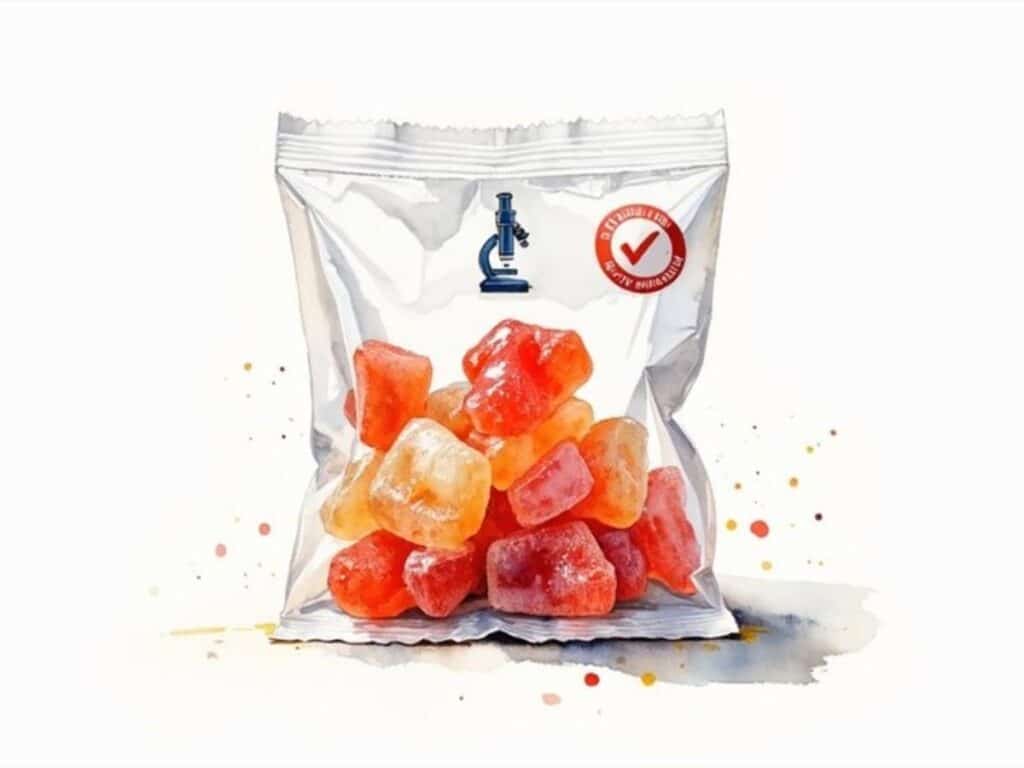
Finding edibles online is easy. The hard part is knowing who to trust. Not every website is a legitimate, state-sanctioned business, and buying from an illegal operation is a significant gamble. You’re not just risking legal trouble—you’re risking your health with untested, unregulated products.
Learning to spot the red flags is your best defense.
The single biggest tell? Any website that offers to ship marijuana-derived edibles across state lines. Period. That is a federal crime, plain and simple. Licensed dispensaries are bound by strict state laws that absolutely forbid mailing marijuana products. If a seller claims they can do it, they are openly admitting to breaking the law.
How They Do Business
Beyond illegal shipping offers, the way these shady sellers operate is usually a dead giveaway. They thrive in the shadows to avoid detection, and it shows in everything from their payment methods to their lack of customer service.
A huge red flag is how they ask you to pay. If they push for untraceable payment methods, it’s time to close the tab.
- Shady Payment Options: A real business will accept credit cards or use another secure, mainstream payment processor. Black-market sellers often demand payment through cryptocurrency, Zelle, Cash App, or Venmo. Why? These methods are nearly impossible to trace and offer you zero buyer protection.
- Social Media Sales: Many of these operations use Instagram or Telegram as their entire storefront. If you have to “slide into their DMs” to place an order, it’s a sure sign they aren’t a licensed business.
- No Real Contact Info: A legitimate dispensary has a physical address, a phone number, and a professional website. If the only way to reach them is a social media handle or a generic email address, they’re hiding.
These tactics are all designed to protect themselves, not you. If the product never arrives or makes you sick, you have no way to hold them accountable.
Missing Credentials and Mystery Products
Another major giveaway is what’s missing from their website. A legal, licensed seller is proud of their legitimacy and makes it easy for you to verify everything. An illegal seller will be frustratingly vague.
The real difference between a legal and illegal seller comes down to one word: accountability. A licensed dispensary is accountable to state regulators for every product it sells. An illicit seller is accountable to no one.
This is exactly why their products can be dangerously potent, completely mislabeled, or even contaminated.
Keep an eye out for these missing pieces:
- No License Number: Every legal cannabis business is issued a license number by the state. It’s their proof of legitimacy, and they’ll display it on their site. If you can’t find one, they don’t have one.
- No Lab Reports (COAs): Reputable companies provide a Certificate of Analysis (COA) for their products. This report from a third-party lab confirms potency and proves the product is free of contaminants. No COA means you have no idea what you’re eating.
- Unbelievable Claims: Be skeptical of any site making wild health claims or using over-the-top, cartoonish branding that looks like it’s designed to appeal to children.
By staying vigilant and knowing what to look for, you can easily distinguish between a professional, legal cannabis business and a risky black-market trap.
The Future of Buying Cannabis Online
The way we buy cannabis is changing, and it’s changing fast. What seemed like a distant dream a few years ago—ordering edibles online for delivery—is now an expectation for many. It all comes down to convenience and getting what you want, when you want it. As technology improves and laws slowly begin to catch up, the answer to “is it legal to buy edibles online” should become much simpler for everyone.
Right now, one of the biggest roadblocks is the messy conflict between federal and state laws, especially regarding banking. Since cannabis remains illegal at the federal level, most banks refuse to work with licensed dispensaries. This forces legitimate businesses into a risky, cash-heavy world that is anything but efficient. But that could all be about to change.
The Impact of Banking Reform
Legislation like the SAFER Banking Act is designed to solve this very problem. If passed, it would finally provide federal protection to banks and credit unions that serve state-licensed cannabis businesses.
Think about what that means. It would legitimize the industry’s financial foundation. Secure, normal credit card transactions would become standard for buying cannabis online, just like ordering a pizza. For sellers, it simplifies operations; for you, it creates a much safer and more familiar shopping experience.
The market is already expanding at an incredible pace, driven by consumer demand. Projections show the global cannabis delivery market skyrocketing from $2.95 billion in 2023 to a massive $18.6 billion by 2033. This growth is largely pushed by younger consumers who are accustomed to on-demand everything. If you’re curious, you can explore more of these cannabis industry statistics and see the numbers for yourself.
This kind of explosive growth is putting serious pressure on lawmakers to modernize their approach. While the legal landscape is still a few steps behind consumer behavior, the direction is clear: online sales are the future. For now, it just means we all need to stay informed, watch for changes in regulations, and be smart shoppers as this digital marketplace matures.
Answering Your Top Questions About Buying Edibles Online
Jumping into the world of online edibles can bring up a lot of questions. It’s perfectly normal to wonder about the legal risks, product safety, and the crucial differences between what’s available.
Let’s clear the air and tackle some of the most common concerns so you can feel confident and informed before you click “add to cart.”
Can I Get in Trouble for Ordering Edibles Online?
Yes, you absolutely can. If you live in a state where cannabis is illegal, or if you order marijuana-derived edibles from another state, you are taking a legal risk and could face consequences.
To stay safe and compliant, follow these practical steps:
- Shop Local and Licensed: Only buy from dispensaries licensed to operate in your state. Their legal status should be easy to find on their website.
- Verify Everything: Before checking out, confirm that the seller can legally deliver to your address and that you meet the age requirements.
- Check the Source: Always look for third-party lab reports (Certificates of Analysis or COAs). These documents prove what’s in the product, including whether it’s derived from hemp or marijuana.
Following these simple rules is the best way to stay compliant and avoid unwanted fines or package seizures.
Is It Illegal to Ship Edibles Through the Mail?
Yes, it is definitively illegal. Sending any marijuana products through the U.S. Postal Service (USPS) is a federal crime. It doesn’t matter if both the sender and receiver are in legal states—the moment it enters the federal mail system, it breaks federal law.
“Any shipment of marijuana products across state lines violates federal law,” warn experts on cannabis regulation.
This is why legitimate online orders are handled by licensed, state-specific delivery services, not by national carriers like USPS, UPS, or FedEx. That is the only legal method for getting marijuana edibles delivered to your door.
What’s the Difference Between Delta-8 and Delta-9 Edibles?
This is a common point of confusion. While they sound similar, Delta-8 THC and Delta-9 THC are treated very differently by the law and produce different effects.
Delta-9 THC is the primary psychoactive compound in marijuana, responsible for the traditional “high.” Its legality is determined entirely at the state level.
Delta-8 THC, on the other hand, is often manufactured from federally legal hemp, placing it in a legal gray area. While it’s technically legal under federal law (the 2018 Farm Bill), many states have moved to ban or restrict it. It is known for producing a milder, less intense psychoactive effect.
Here’s a practical breakdown:
| Key Aspect | Delta-8 THC | Delta-9 THC |
|---|---|---|
| Federal Status | Legal under the 2018 Farm Bill (as a hemp derivative) | Federally classified as a controlled substance |
| Potency | Known for a milder, more clear-headed psychoactive effect | Produces a much stronger, more intoxicating high |
| State Rules | Banned or heavily restricted in several states | Only permitted for sale in states with legal cannabis programs |
Understanding this distinction is key to knowing what you’re actually buying online.
Are Hemp-Derived Edibles Legal Everywhere?
Not necessarily. While the 2018 Farm Bill legalized hemp and its derivatives at the federal level, it explicitly gave states the authority to create their own, stricter rules. Just because a product is federally legal does not mean it is legal in your specific city or state.
So, before you buy any hemp-based edible, you need to do your homework:
- Check Local Laws: A quick search for your state’s regulations on hemp, CBD, or specific cannabinoids is essential.
- Look for Proof: Reputable sellers are transparent. Look for clear labeling that identifies the product as hemp-derived and always check for an up-to-date COA.
- Don’t Assume: If a specific cannabinoid (like Delta-8) is banned where you live, do not purchase it.
Getting familiar with the answers to these questions is the best way to shop responsibly. Keep this guide handy, and you’ll be able to navigate the online market with confidence.
Ready for premium edibles from a trusted source? Visit Elevation Headquarters at Our Cannabis Shop


